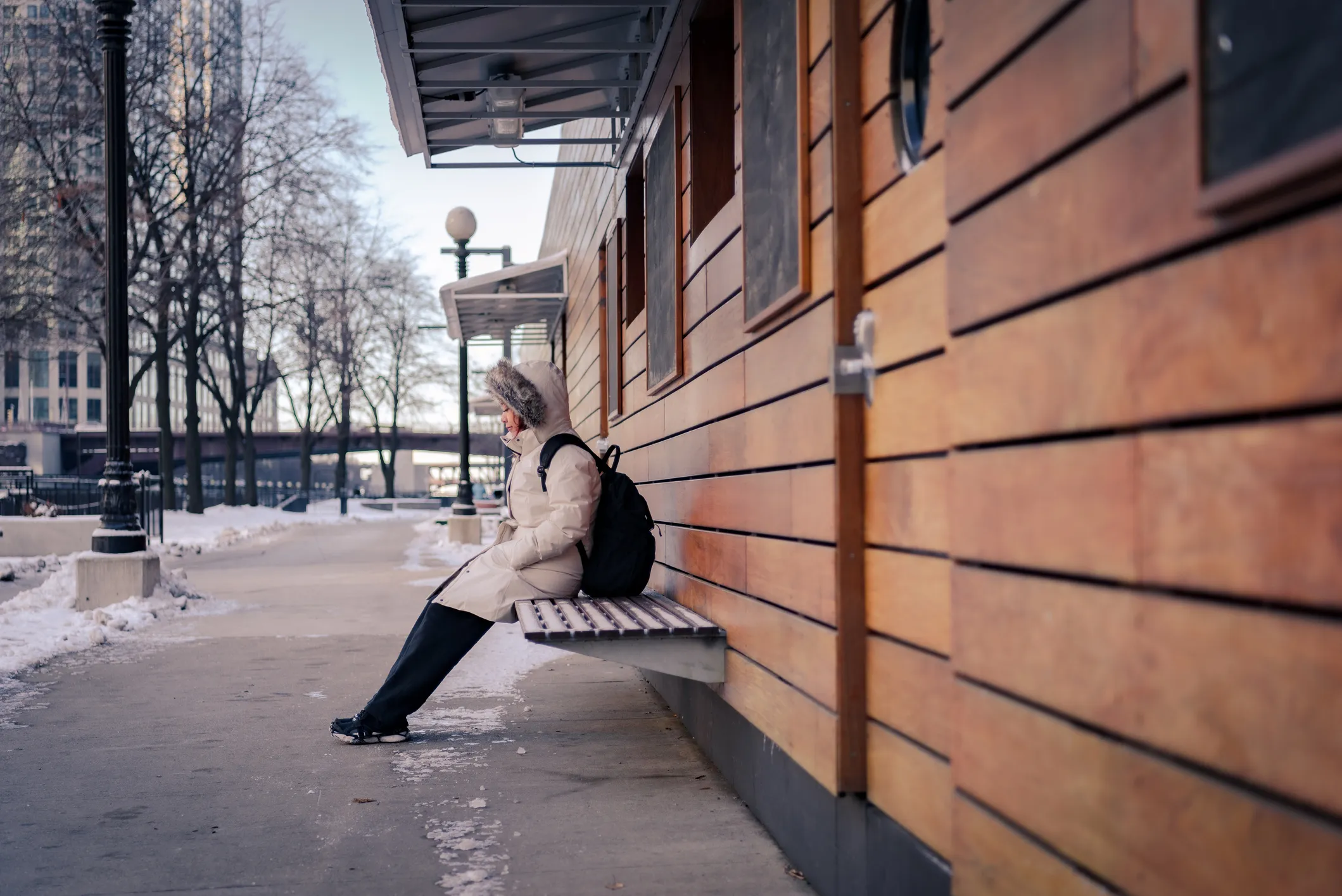What are the most common winter work injuries?
Workers Compensation - January 25, 2024
Snowy weather, wind gusts, and long-term freezes can put Chicago workers at risk of injury. Depending on the industry, workers experience winter hazards like ice-covered sidewalks, streets, roads, or below-freezing temperatures in different ways, but the weather can hurt any worker. If winter work injuries disrupt your life, contact a Chicago workers’ compensation attorney from Horwitz, Horwitz & Associates to seek compensation.
How do winter conditions cause accidents?
Icy parking lots, steps, and walkways can easily cause slip-and-fall accidents among workers. Those in charge of keeping those areas in safe conditions could bear responsibility if they do not clear ice and slush in a reasonable amount of time. Some workers drive for a living. Slick roads are a serious hazard for long-haulers, delivery workers, and bus drivers. Over-the-road accidents that happen while working often produce work severe injuries.
Construction workers often work outside. Even if working inside, the site may be an unheated structure. In addition to an increased risk of slips and falls, exposure to the bitter cold winter elements can affect skin and extremities. For help getting the necessary benefits, contact an attorney promptly after sustaining a work injury to ensure you are treated fairly.
What injuries can winter-related accidents cause?
Winter hazards at work include frostbite and hypothermia, especially for construction workers or others who work outside for extended periods of time. Chicago winter weather is intense and can cut through layers of protective clothing, making fingers, toes, and faces especially vulnerable to frostbite damage. Frostbite can lead to loss of color or feeling in affected areas and, in the most severe cases, require amputation of the damaged body part.
Prolonged exposure to freezing temperatures causes hypothermia as the body uses heat faster than producing it. Heat loss can lead to dangerously low body temperatures, affecting brain function. Feeling cold can progress quickly to hypothermia, a medical emergency.
Slip-and-fall accidents
While a “slip” or “fall” may not sound particularly serious, these incidents can lead to severe injuries. For example, victims may sustain the following.
Traumatic brain injuries (TBIs)
Even moderate brain injuries, like concussions, can have both immediate and lasting effects on memory and balance, as well as causing vomiting and fatigue. More serious brain injuries can damage and impair cognitive abilities permanently, leaving victims unable to process information, think critically, reason, and learn as they did before injury or with the inability to swallow, speak, or breathe on their own.
Broken bones
While “clean” breaks can heal properly, healing takes time. Bones that experience more complex breaks may never fully heal, leaving victims with chronic pain and limited strength and mobility.
Back, neck, or spinal cord damage
Falling the “wrong” way or experiencing a violent jolt can damage the muscles, nerves, and other soft tissue in the back and neck, perhaps permanently. Injuries to the spinal cord can, in the worst cases, leave victims paralyzed. Other times, they lead to weakness, numbness, pain, or spasms in affected areas.
Compensation for winter work injuries
When winter work hazards cause injury, prevent you from working and earning, change your appearance, or affect your daily life, you may be entitled to workers’ compensation. A Chicago workers’ compensation lawyer from Horwitz, Horwitz & Associates can fight for your deserved settlement. Call (800) 985-1819 or send a message to connect with a team member for a free consultation.



